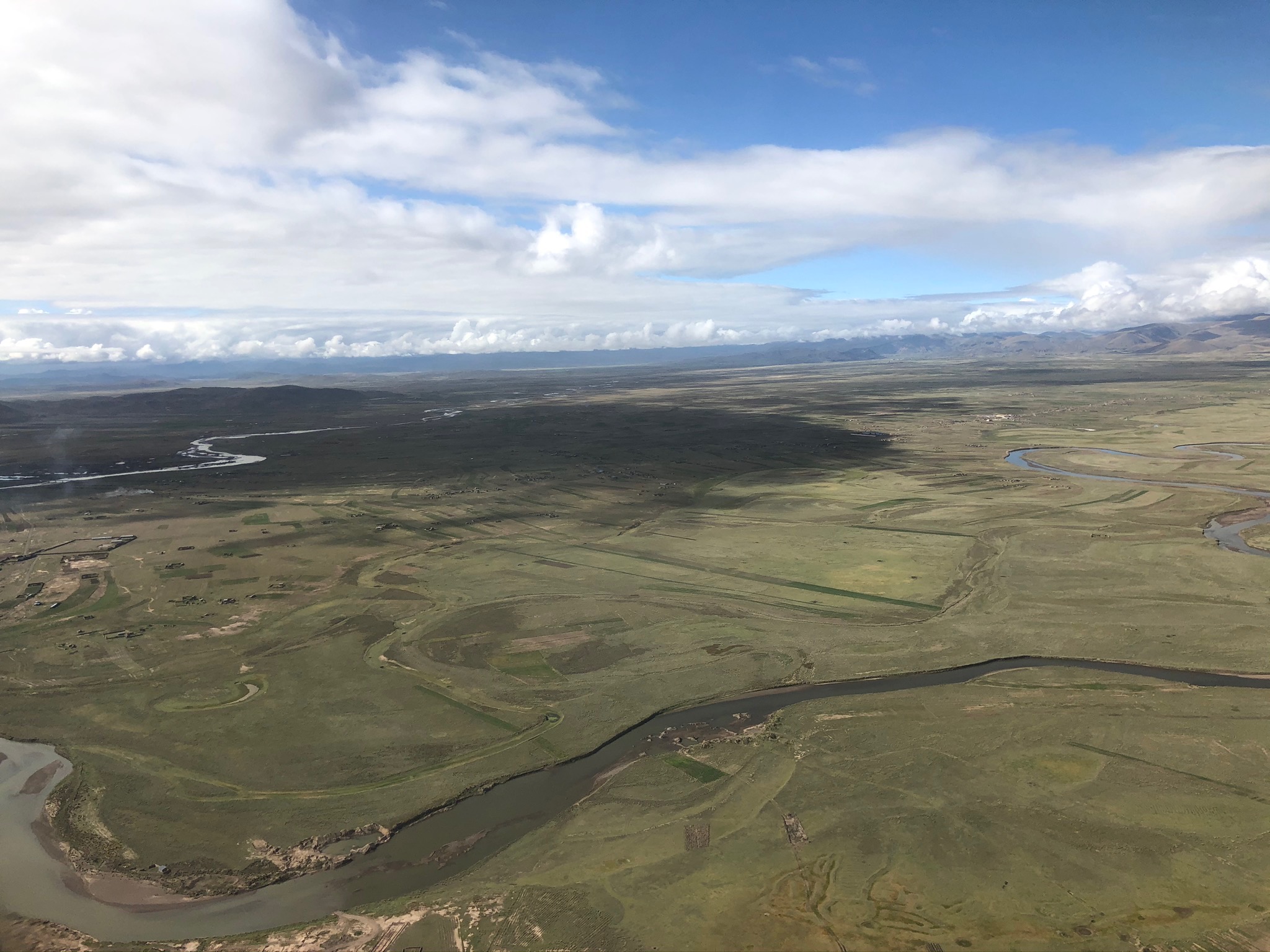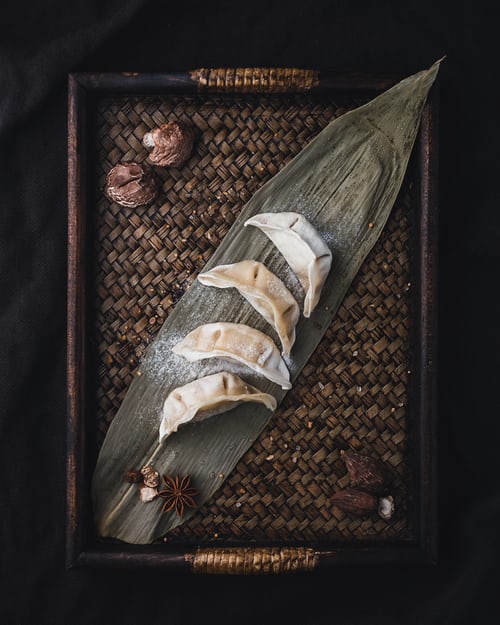- Instructor: Brent Durbin
Smith College's Moodle
Search results: 316
- Instructor: Lane Hall-Witt
- Instructor: Lane Hall-Witt
- Instructor: Christen Mucher
- Instructor: Christen Mucher
- Instructor: Lane Hall-Witt
- Instructor: Christen Mucher
- Instructor: Lane Hall-Witt
This course is an introduction to major themes in social and cultural anthropology. We will examine the concepts, methods, and theories anthropologists employ to understand the unity and diversity of human experiences across different regional contexts, with an emphasis on social, cultural, political, and economic systems of inequality.
Perhaps you are taking this course because you are interested in becoming an anthropology major. Perhaps you are considering pursuing a career in anthropological research. If this is your situation, this course is a great place to start. But for many others – maybe even a majority of you – this might be the first or only anthropology course you will take at Smith – though I hope you will be inspired to take more! By the end of this course, you will learn what it means to “think anthropologically” in ways that I hope can serve you in any career path you choose and in your everyday life, at Smith and beyond.
To “think anthropologically” is much more than a specialized course of study; it is a way of observing and understanding the diverse practices, ideas, and sentiments through which human beings build their daily lives in an ever-changing world. Thinking anthropologically is a mode of asking critical questions about what human beings share in common and what makes us distinct from each other. Thinking anthropologically means learning to pay attention to conditions, perspectives, and structures of inequality that are often taken for granted or invisible. It gives us a conceptual tool-box for analyzing deeply complex topics like culture, race, and gender in more critical and nuanced ways.
The cornerstone of anthropological research is ethnographic fieldwork, which is a qualitative method based on long-term participatory observation among particular groups of people in specific places. Such an immersive, fine-grained approach to research allows anthropologists to analyze how ordinary people experience the pressing challenges of our time, from issues of racism to histories of colonialism, to forced displacement, to climate change, to economic crisis.
Thinking anthropologically also means critically engaging with the discipline’s origins and the fraught histories of colonialism, racism, and inequality in which anthropology — like all modern academic disciplines — is embedded. In the first few weeks of the semester, we will trace anthropology’s intellectual roots in 19th- and early 20th-century debates in Europe and North America about evolution and the “scientific” study of human diversity. We will then consider how anthropological research has critically evolved in relation to this history. Throughout the course, we will ask: What texts and topics are considered the “classics” of anthropology, and what does this exclude? What aspects of the classic anthropological enterprise of documenting cultural differences should be retained, and what should be abandoned or rethought? And what does it mean to “decolonize” anthropology today?
- Instructor: China Sajadian
Welcome to Ant 221- Method, Theory & Practice. Here is the link for the course website.
- Instructor: Elizabeth Klarich

What is the archaeology of food?
This course explores how archaeologists study past foodways—from adaptive and social perspectives—and also asks students to consider the complex relationships between past, present and future food systems. This is a highly interdisciplinary field of study that integrates data sets from environmental science, botany, zoology, human anatomy, and geochemistry, among others. It is also a field that addresses a diversity of economic, political, and social issues from an explicitly anthropological perspective. In other words, what can we understand about past human behavior and lifeways by analyzing charred plant remains, abandoned cooking areas, old pottery, and ancient trash dumps? To address these questions, the course is divided into three units: (1) an overview of the archaeology of food, focusing on both methods and theory; (2) a case study on maize, examining its domestication and spread; and (3) a collaborative exploration of global plant histories, highlighting the Smith College collections.
- Instructor: Elizabeth Klarich
Course website: https://sites.smith.edu/ant237-sp24/
- Instructor: Elizabeth Klarich
- Instructor: Fernando Armstrong-Fumero
- Instructor: Barry Moser
- Instructor: Sarah Mazza

BIO 130 - Biodiversity, Ecology, and Conservation
Important links:
- BIO130 - Fall 2025 Syllabus
- Poll everywhere
- Extension request form
Instructor:
|
Name |
Nadia Fernandez |
|
Pronouns |
she/her |
|
|
nfernandez29@smith.edu |
|
Contact |
Email or in-person |
|
Student Hours |
Wednesdays - 1:00 - 2:30pm in Sabin-Reed 236 Thursdays - 9:30 - 11:00am in Sabin-Reed 236 Drop-in or book a time slot in the Appointments Calendar |
·
- Instructor: Nadia Fernandez

Important links:
- BIO354 - Spring 2026 Syllabus
- Extension request form
Instructor:
|
Name |
Nadia Fernandez |
|
Pronouns |
she/her |
|
|
nfernandez29@smith.edu |
|
Contact |
Email or in-person |
|
Student Hours |
Drop-in or book a time slot in the Appointments Calendar |
·
- Instructor: Nadia Fernandez
- Instructor: Zoya Alam
- Instructor: Yohana Beyene
- Instructor: Kristine Chin
- Instructor: Alexandra Eleazar
- Instructor: Marisol Fernandez yMora
- Instructor: Elizabeth Haas
- Instructor: Benita Jackson
- Instructor: Leigh Johnston
- Instructor: Jeannie Lee
- Instructor: Precious Musa
- Instructor: Romina Pacheco
- Instructor: Chrisshara Robinson
- Instructor: Ariadne Speliotis
- Instructor: Benita Jackson
- Instructor: Phil Peake
Welcome to the CEEDS Summer Internship!
- Becca Malloy, Assistant Director of Sustainability, Wright Hall 007, office (413) 585-3538 OR cell (413) 336-3678
- Molly Neu '25
- Jena Kim '27
Major goals for our work this summer:
Develop communications materials for new and returning students about starting the school year sustainably and the new SmithCycle Thrift
Develop multimedia training materials for new EcoRep skill development program
Draw out key messages from previous Smith student research to track and communicate students’ impacts on Smith’s sustainability
Sort and clean move-out donations (dorm decor, linens, and school supplies) and organize and display items in preparation for SmithCycle Thrift to launch in August
Support the branding and communications of CEEDS’ Sustainable Events Guide
Other sustainability projects which may include greenhouse gas tracking, program development, mapping, communications, data management or programming
- Instructor: Becca Malloy

Instructor and Office hours
陳雅琳 Yalin Chen ylchen@smith.edu
Office hours: T & Th 1:30-2:30 pm (sign up here to avoid wait time), and by appointment
Office hour Zoom meeting link: https://smith.zoom.us/my/yalinchen
Chen laoshi will hold office hours on Zoom, but can also meet in person with advance notice.
- Instructor: Yalin Chen
- Instructor: Abril Navarro
